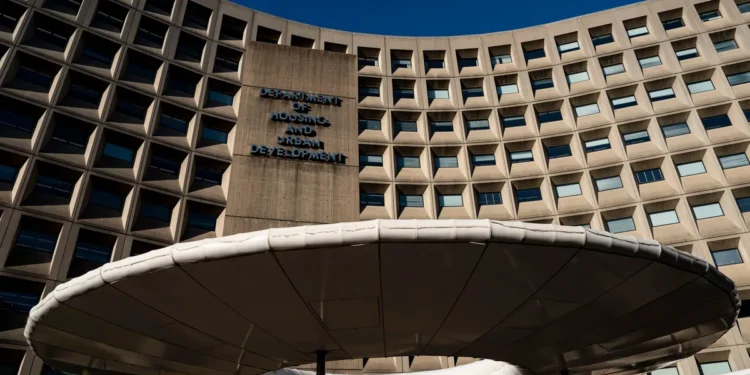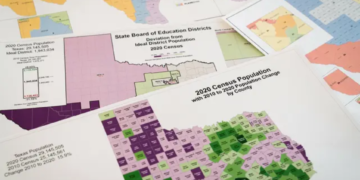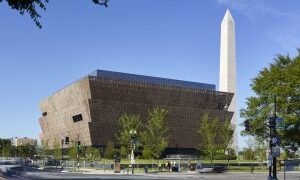May 6, 2025 Story by: Publisher
The NAACP Legal Defense and Educational Fund (LDF) publicly urged the Trump administration to restore key civil rights safeguards.
These safeguards had been weakened by recent rollbacks by the Department of Housing and Urban Development (HUD). The changes undermine the government’s ability to combat housing segregation and ensure equal access to well-resourced neighborhoods.
“Without these tools, HUD cannot fulfill its mission under the Fair Housing Act to eliminate segregation and promote integrated, opportunity‑rich neighborhoods,” Janai Nelson, President and Director‑Counsel of LDF said.
Targeted Rollbacks under Scrutiny
In October 2020, HUD finalized a new “disparate impact” rule that significantly narrows enforcement of protections against policies with unequal racial effects—effectively making it harder for individuals and communities to challenge practices that perpetuate segregation.
Around the same time, the administration also suspended the Affirmatively Furthering Fair Housing (AFFH) rule, an Obama‑era requirement directing HUD‑funded jurisdictions to take proactive steps toward desegregation and equitable resource distribution.
LDF’s Appeal to HUD Secretary
In its press release, LDF called on HUD Secretary Scott Turner to “reverse course on these destructive policy changes” and reinstate both the AFFH framework and the broader disparate impact standard.
Historic Mandate of the Fair Housing Act
Enacted in 1968, the Fair Housing Act prohibits discrimination in housing sales, rentals, financing, and other related activities on the basis of race, color, religion, sex, familial status, or national origin.
The disparate impact doctrine—upheld by the Supreme Court in Texas Department of Housing & Community Affairs v. Inclusive Communities Project(2015)—has enabled challenges to neutral‑seeming policies that nonetheless perpetuate racial segregation. Meanwhile, the AFFH rule provided data‑driven guidance and accountability mechanisms for communities to address entrenched patterns of exclusion and divestment.
Consequences for Communities
Civil rights advocates warn that weakening these protections risks undoing decades of progress. Studies show that segregation correlates with disparities in education, employment, health care, and environmental quality. By rolling back federal oversight, local jurisdictions may feel less compelled—or lack the technical support—to confront zoning laws, lending practices, and school‑district boundaries that entrench racial and economic isolation.
Next Steps and Legal Options
LDF indicated it will press for both administrative and judicial remedies. “We will explore every avenue—rulemaking petitions, public comments, and litigation—to ensure HUD honors its statutory duty,” the organization stated.
At the same time, LDF urged Congress to hold oversight hearings and consider legislative measures to codify these civil rights tools, shielding them from future executive‑branch reversals.
As HUD undertakes its FY 2026 rulemaking agenda, the agency faces mounting calls—from LDF and other civil rights groups—to reaffirm commitments to fair housing.
Source: Reuters / NAACP Legal Defense Fund

















